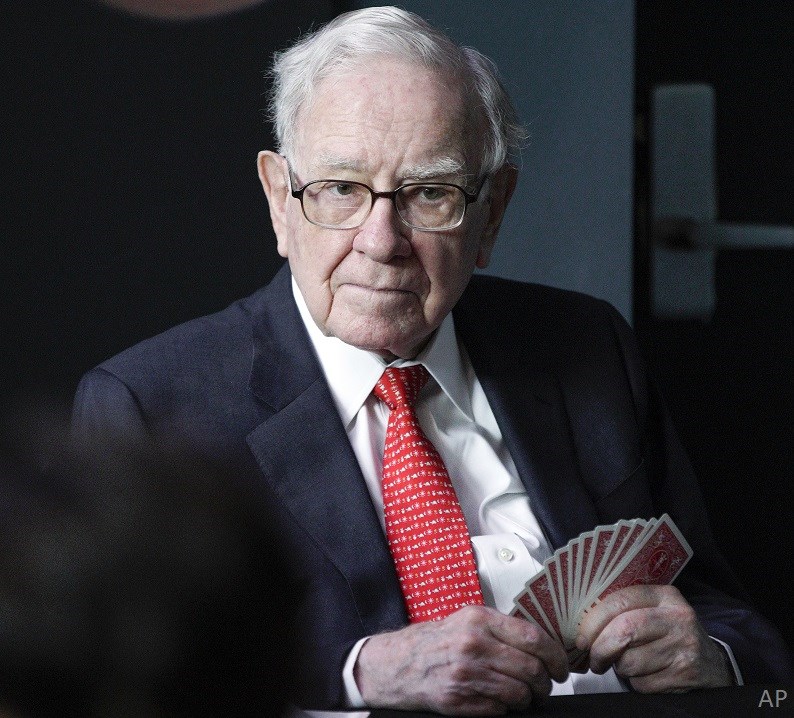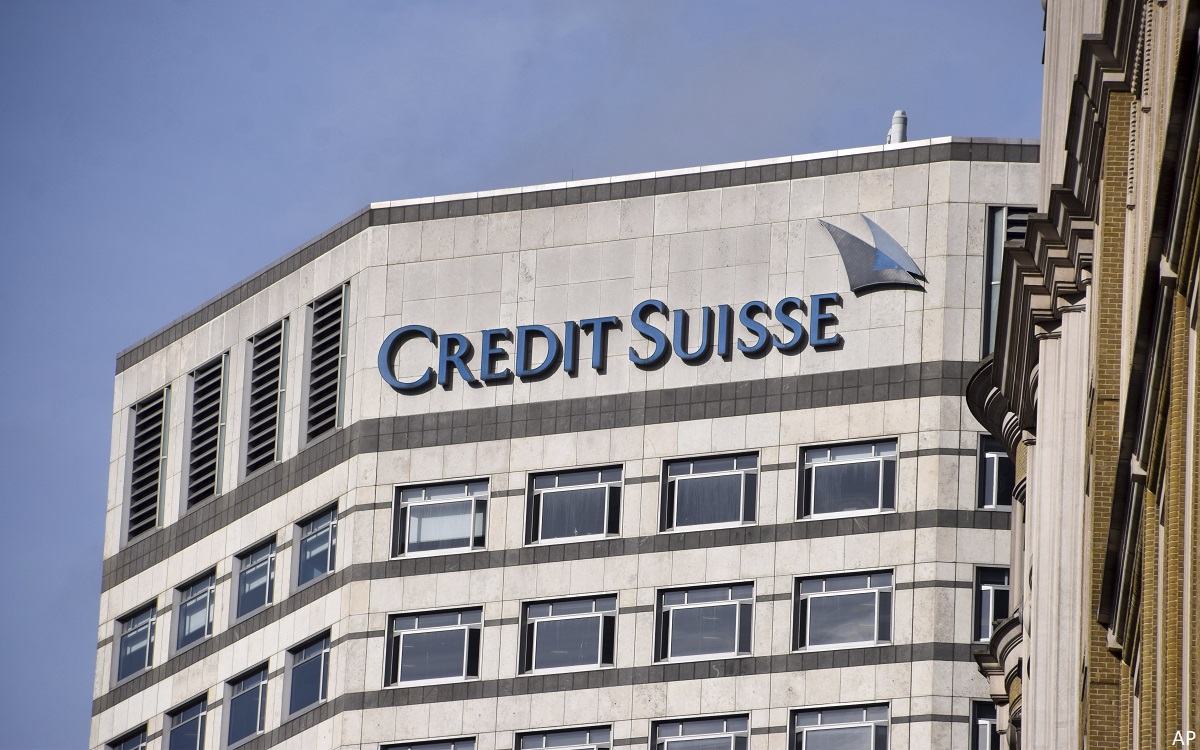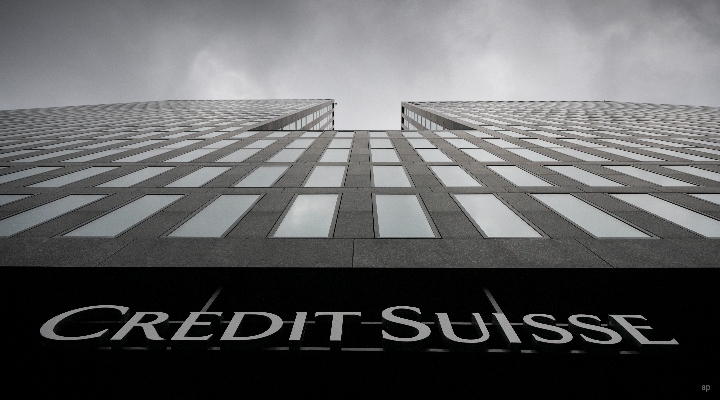
We were not too surprised to see stories pop up over the weekend about Warren Buffett, CEO of wide-moat rated Berkshire Hathaway (BRK.A / BRK.B), being in conversations with the Biden administration about the banking crisis. In just the past ten days, we've seen the U.S. regulators step in and backstop depositors at two failing banks, Silicon Valley Bank and Signature Bank, the Swiss government step in to shore up Credit Suisse (CS), and the U.S. regulators work with 11 banks – including wide-moat rated JPMorgan Chase (JPM) – to shore up First Republic Bank (FRB) by placing US$30 billion of their own funds in deposits at the struggling institution.
Even with all that, First Republic sank another 33.0% on Friday, with the SPDR Regional Banking ETF down 6%, the SPDR S&P Bank ETF down 5.6%, and the SPDR Financial Select Sector ETF down 3.3%. Since the start of the year, First Republic shares have lost 81.1% of their value, while the SPDR Regional Banking ETF, the SPDR S&P Bank ETF, and the SPDR Financial Select Sector ETF have declined 21.3%, 16.1%, and 6.4%, respectively. So, stories that the Biden administration and the U.S. regulators are looking at all possible means for supporting the banks and calming the markets should come as no surprise.
The Benefits of Banking with Buffett
As for Buffett and Berkshire in particular, we have on multiple occasions over the past two decades seen firms seek out capital from Berkshire on the belief that the "Buffett Seal of Approval" that came with that capital injection would reduce the pressure they were experiencing on their shares.
This was most evident during the 2008−09 financial crisis, when Berkshire tapped into the strength of its balance sheet, its large excess cash balances, and the value that struggling firms (and their investors) placed on having Buffett's approval attached to their businesses and/or actions, to extract large rents from those that lined up at the Bank of Berkshire.
Buffett Stepped in at Goldman Sachs and Bank of America
Two examples of the “Buffett Seal of Approval” are narrow-moat rated Goldman Sachs (GS) and wide-moat rated Bank of America (BAC).
Two days after Goldman Sachs became a bank holding company in September 2008, it announced a private offering to Berkshire Hathaway, whereby the insurer would purchase US$5 billion worth of 10% perpetual preferred stock issued by Goldman (with the investment bank retaining the option to buy back the preferred shares for US$5 billion plus a one-time dividend of US$500 million). As part of the deal, Berkshire also received warrants (expiring in 2013) to purchase 43.5 million of Goldman's common shares for US$5 billion (or US$115 per share). This became a strong show of support for Goldman at a time when the markets were in chaos, primarily because Buffett had shunned investments in investment banks following his own experience with scandal-ridden Salomon Brothers in the early 1990s.
Berkshire stepped up again in early September 2011 when wide-moat rated Bank of America reached out for a lifeline that had the insurer investing US$5 billion in 6% perpetual preferred stock, as well as receiving warrants to purchase 700 million common shares for US$5 billion (or US$7.14 per share). The investment was seen as a huge vote of confidence in Bank of America, which has been plagued by mounting legal costs stemming from the 2008-09 financial crisis, as well as doubts about the strength of its capital base, sending the company's shares soaring off their recent lows. Buffett's seal of approval also helped other banks, which had been weighed down by weakness in the overall stock market, fears of a slowing U.S. economy, and concerns about their exposure to Europe's sovereign debt crisis, see a recovery in their share prices.
Buffett Won’t Buy a Bank
With all of that in mind, we would expect any action on the part of Berkshire/Buffett in the near term with regards to the U.S. regional banks to involve the same kind of capital injection (and Buffett seal of approval) in exchange for high-coupon preferred stock (which is more tax efficient for an insurer) and warrants to buy common stock if anything happens at all. As such, that lifeline will not come cheap for those interested in going that route. What we do not expect to see is Berkshire stepping in and buying a bank. The firm has shown no interest in holding more than a 10%-15% stake in a U.S. bank primarily because ownership above that threshold comes with reporting requirements and oversight from the regulators to which Berkshire is not all that interested in adhering.






.jpg)













